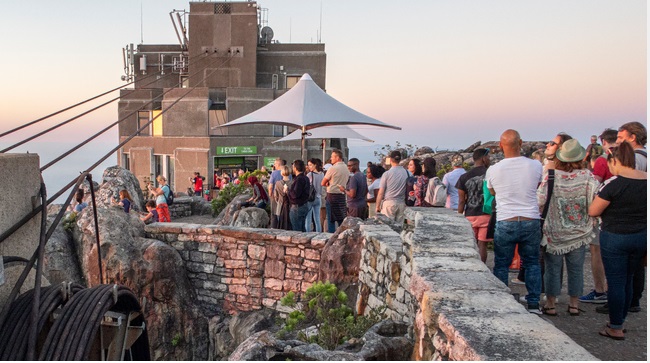
Cape Town - Tourism, battered by the coronavirus lockdown, is struggling to get up again as European countries struggle with a second wave of the Covid-19 pandemic, keeping tourists from travelling to foreign destinations such as South Africa.
The hardest hit are AirBnBs and hotel chains which are struggling to fill rooms as the country’s borders remain closed.
Cape Town Tourism chief executive Enver Duminy said: “Even with an increase in international flight routes to Cape Town, there are still only a handful of countries allowed to travel to South Africa. Naturally, businesses are struggling without international guests – especially heading into the summer season.”
Duminy said they have seen a steady increase in flights to Cape Town over the past few months since some restrictions were lifted and SA borders partially opened.
Domestically, frequency and routes have steadily increased since June. Cape Town International Airport forecast a domestic recovery of 40% over the October-December period when compared to the same period last year.
Many hotels have been closed since the start of the nationwide lockdown in March. However, as the economy gradually opened, hotel chains started to reopen and implement stringent health regulations.
Sun International chief operating officer for hospitality Graham Wood said: “Covid-19 has obviously affected demand and customer behaviour. We are seeing an improvement in business levels in our casinos every month since we reopened on July 1.
"Weekend leisure demand in our hotels and resorts has been encouraging although conferencing and corporate travel demand is still very muted.
“In addition, international travel restrictions and uncertainty in South Africa’s European and North American source markets will result in a very slow recovery in international leisure traveller demand in 2021.”
Jeremy Clayton, Federated Hospitality Association of SA Western Cape chairperson and manager of the President Hotel, said: “We are seeing a significant decline in occupancy, specifically in Cape Town. Normally in October the occupancy rate would be at 70%. This year it’s at 14% so it’s a massive decline and not sustainable. At this stage the business on the books for Christmas is lower than usual.”
According to estate agents, the collapse of tourism has led to thousands of empty Airbnb apartments being put back on the long-term rental market.
Robshaw Property’s Rob Vanlierde said: “We’ve had a lot of clients asking us to find them a long-term tenant for their property… This has particularly been the case in the city centre and Atlantic seaboard. It has resulted in many more flats available for rent."